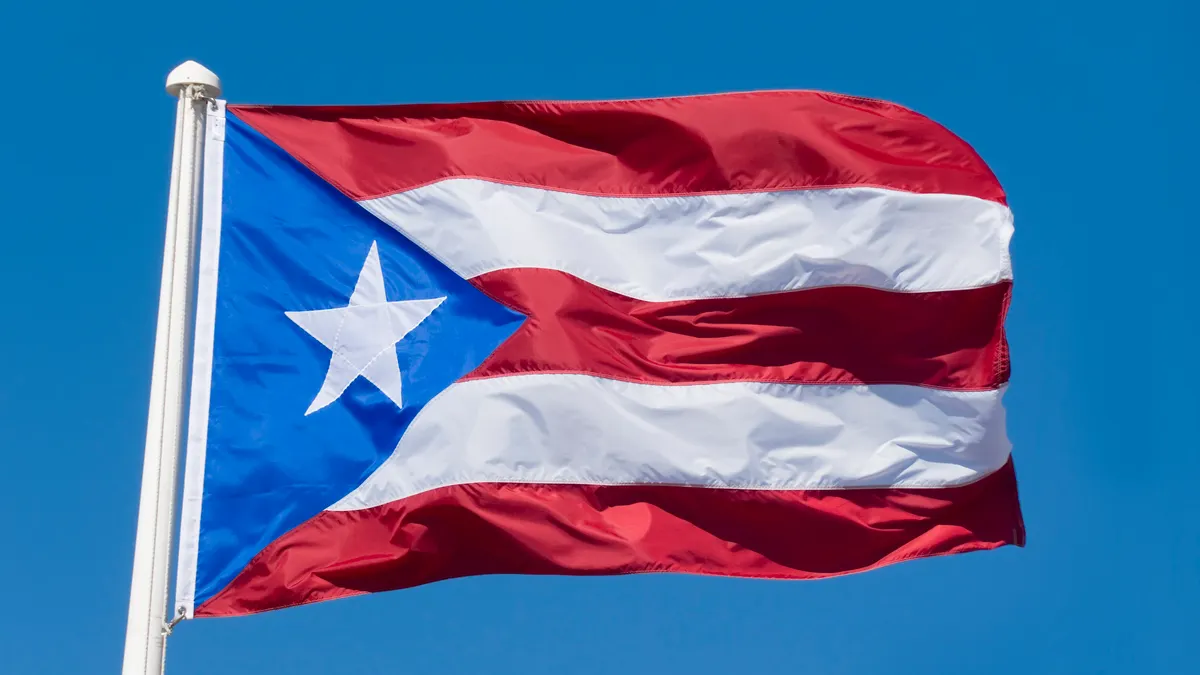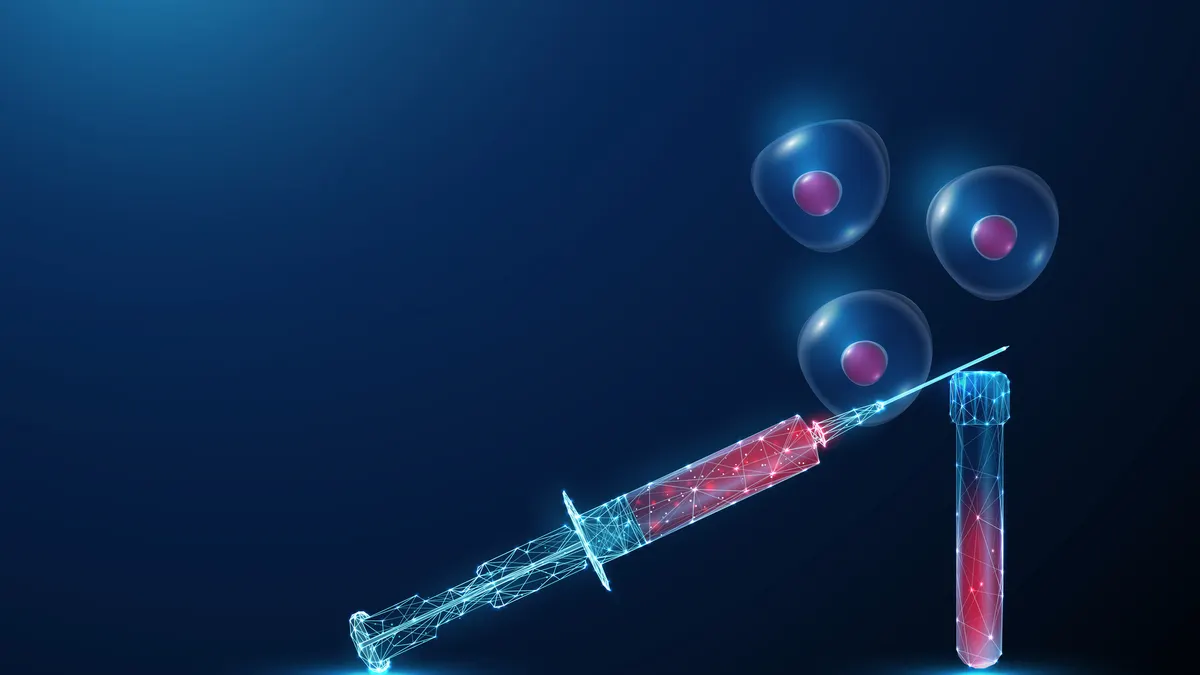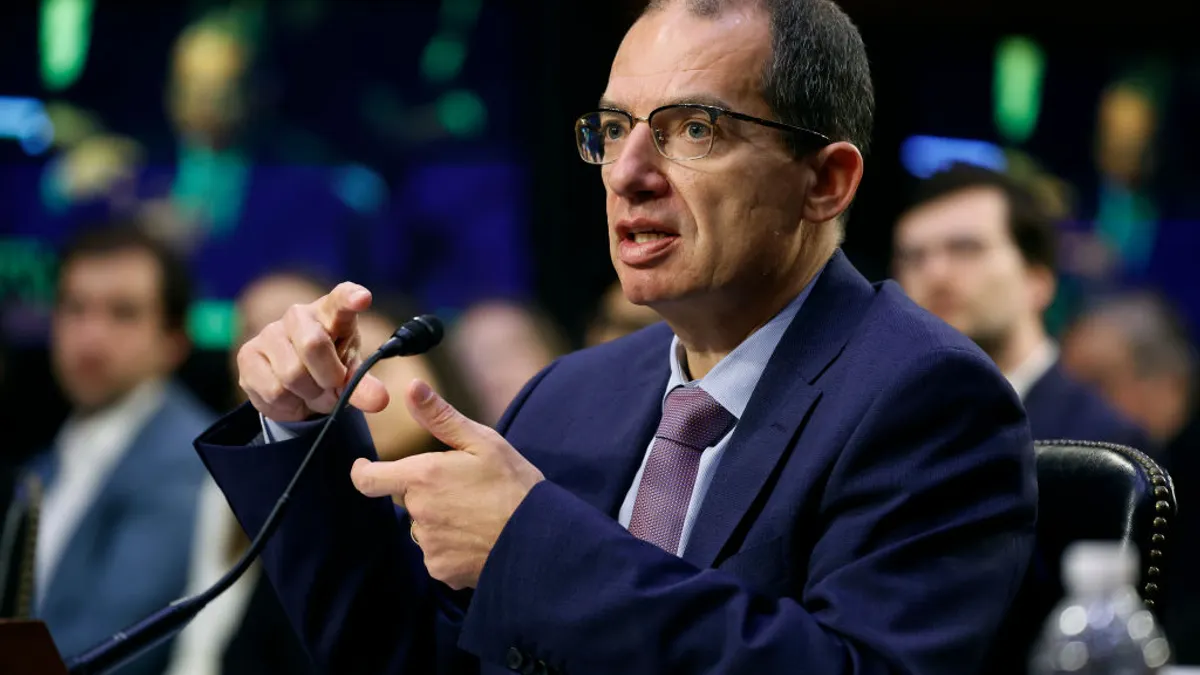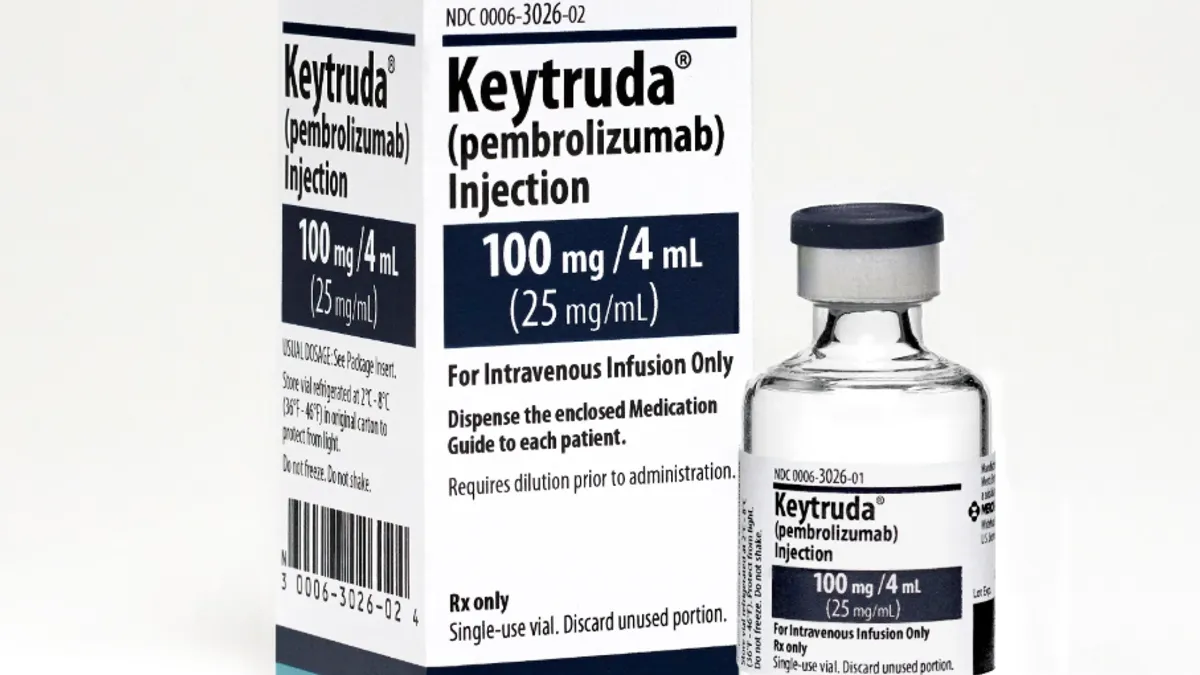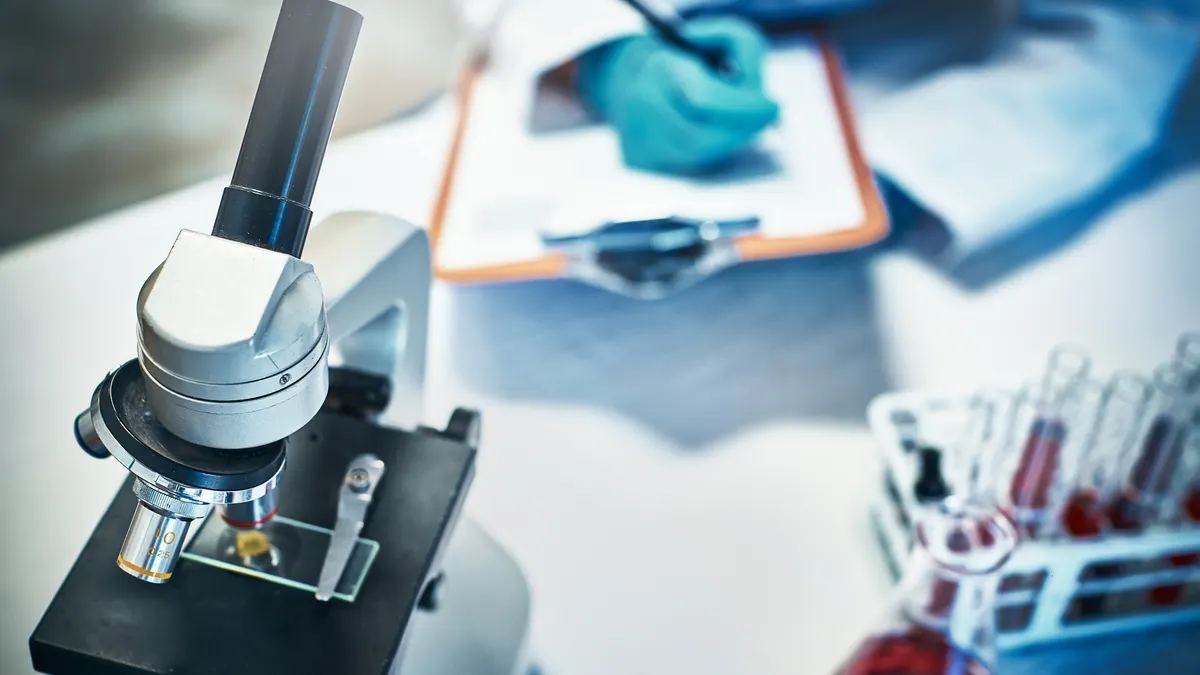Some of the most widely used CROs and CDMOs among U.S. pharma and biotech companies are based in China. But the industry may soon be forced to cut ties with these partners if the Biosecure Act, which was passed in the House last week, is ultimately signed into law.
The act would effectively prohibit U.S. companies from doing business with five Chinese firms — including WuXi AppTec, Complete Genomics and MGI Tech — and, in the House version, companies are given eight years to sever ties. The bill also allows Congress to add more companies to its list as it weighs perceived connections between the Chinese government and biopharma industry, as well as cybersecurity and intellectual property concerns.
Despite strong support, the bill’s passage was not smooth sailing, garnering more “nay” votes than expected, with a final house count of 306-81 in favor of the legislation. The downturn in support could signal similar sentiments in the Senate, which has its own version of the act.
“It did not pass as overwhelmingly as it had passed out of committee,” said Nielsen Hobbs, an analyst with Citeline. “It's both an indication of some softness of support, as well as an invitation for folks [who] want to make modifications to try and do so.”
It’s unclear if the Senate intends to vote on the issue or if there’s enough time left in the year for either version of the bill to make its way into law. And a lame duck Congress is unlikely to push through such a substantial change this fall.
“This is probably not going to pass before the election,” Hobbs predicted.
Even with a murky future, U.S. biotechs are preparing for a potential disentanglement from some of their largest Chinese contractors.
U.S. biotech exposure
China is a linchpin in pharma’s global supply chain, making up about 13% of API manufacturers. Two companies named in the Biosecure Act — WuXi Apptec and WuXi Biologics — are particularly well known as U.S. biotech partners. And if U.S. companies are forced to end their relationships with WuXi, the fallout could be severe.
How exposed are U.S. biotechs to supply interruptions?
Nuvalent, Viridian Therapeutics and Cabaletta Bio are among the biotechs that have said they could see disruptions as a result of the Biosecure Act because they partner with one or more of the named Chinese companies.
Iteos Therapeutics stated in an SEC filing it has “begun the process of transitioning from WuXi to other manufacturers.” However, the biotech noted the process “may take longer than expected” due to difficulties with technology transfer.
Sage Therapeutics, which gained an FDA approval for its postpartum depression med with Biogen last year, said the Biosecure Act could potentially disrupt its research activities and clinical trial partners.
“Everyone is wisely anticipating it will pass and that they're going to have less time than they might hope to make this kind of transition."

Nielsen Hobbs
Analyst, Citeline
To some biotechs, any contract with a Chinese firm could be a risk. Liver and cardiometabolic-focused biotech 89bio, which struck a deal with Chinese CDMO BiBo Biopharma Engineering to build a plant to produce the active ingredient for its MASH candidate earlier this year, has stated it’s “exposed to the possibility of product supply disruption and increased costs” as a result of the Biosecure Act or other potential policy shifts in U.S.-China diplomacy. BiBo Biopharma is not named in the bill.
Amid this uncertainty, biotechs are preparing for changes.
“Everyone is wisely anticipating it will pass and that they're going to have less time than they might hope to make this kind of transition,” Hobbs said. “It's always difficult to create business plans in this climate of uncertainty, but it's unlikely there's going to be a sense in the industry that they can keep doing business as usual and not have a contingency plan for addressing how things might shake out.”
Big Pharmas are also at risk. Eli Lilly has tapped WuXi Apptec to produce some of the ingredients in its blockbuster GLP-1 obesity medications, while GSK solidified a licensing deal potentially worth nearly $1.5 billion with WuXi Biologics last year for up to four bi- and multi-specific TCE antibodies developed on WuXi’s platform.
GSK and Lilly did not respond to a request for comment from PharmaVoice.
The industry’s largest association, PhRMA, stated it will work with Congress to avoid drug supply disruptions.
“Biopharmaceutical manufacturers are committed to working constructively with Congress to help protect national and economic interests and make sure patients are not unintentionally impacted with potential drug shortages or disruptions to medicine R&D,” Megan Van Etten, deputy vice president, public affairs at PhRMA, said in an email.
Biotechs prepare
Despite significant exposure, not all biotechs are preparing for the worst.
Sound Pharmaceuticals, a Seattle-based biotech pursuing novel treatments for hearing loss, isn’t wringing its hands just yet. CEO Jonathan Kil has his doubts the bill will pass in the Senate and views WuXi as a safe partner for the company after collaborating with the Chinese CRO for 18 years.
“WuXi has been inspected by the FDA hundreds of times,” he said.
But for Kil, the timing isn't ideal. The biotech recently completed a pivotal study for its lead candidate, an anti-inflammatory dubbed SPI-1005 that treats Ménière's disease, an inner ear disorder marked by hearing loss, tinnitus, vertigo and dizziness. Sound plans to release study results later this year and pursue FDA approval soon after. For a company on the brink of bringing its first drug to market, cutting ties with WuXi would be a major hurdle to commercialization.
If Sound is able to garner even a small market share of tinnitus sufferers, the company would need massive amounts of product from WuXi at launch.
“Let's say we are able to [treat] 3 million people, 6% of the affected [50 million in the U.S. with hearing loss and tinnitus], we would need a million kilos a year just to satisfy the U.S. market,” he said.
The cost of switching CROs is high for a biotech like Sound, although Kil has been in talks with other contractors. But even exploring the use of other CROs has been costly — in one case, the company sunk $500,000 into making sure the partnership would have worked in the first place.
“After that initial time, money and effort, you still won’t know if the new CRO can scale pre-commercially yet — that’s another $500,000 to $1,000,000 and another nine to 12 months,” Kil said. “It’s a stepwise process with a lot of internal controls.”
WuXi, for its part, has denied wrongdoing and stated it does not collect genomic data, a top concern cited by lawmakers.
“We firmly believe that WuXi AppTec has not posed, does not pose, and will not pose a security risk to the United States or any other country and it has not been subject to any sanction by the U.S. government agencies,” the company said in a statement last week.







